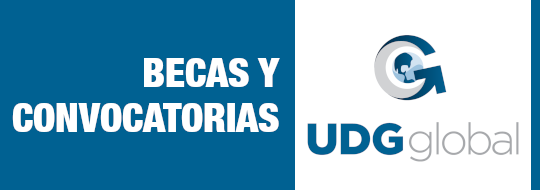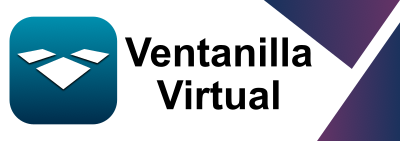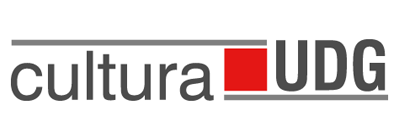Guidelines for the Generation and Application of Knowledge
The professional work and academic activity of the teacher-researchers are linked to the three lines of research of the program, revised in 2016, that will be obligatory starting with the 2017 “B” term.
GGAK 1. Theory and conceptualization of architecture and the city.
The first line of studies and research projects addresses concepts and paradigms, and the production of theory, in order to examine the processes of production and knowledge of the city and to start working with them, and treat the phenomenon of architecture as the production of a singular living space of human habitat, in the context of the transformations it has undergone through history and its development into the future. It also examines the local and Latin American context, in the framework of their specificities and particular identities. The first line of knowledge creation and application includes studies of the imaginative construction of the city, its processes and the memory of its substantive concepts, its history and reality, in which present and future scenarios are produced and take concrete shape.
GGAK 2. Territory, mobility and public space.
The second line of knowledge concerns research projects and studies whose analysis is focused on land use, and the results for the configuration of the general problems of functions linked to the management of urban-regional mobility and the way they operate. It also examines actions that intervene in the processes of structuring the networks and points of intersection of urban areas and their productive activity. Finally the studies following this second line concentrate on public space in the construction and spatial linking of cities and their cultural and urban specificities, their transformations over time, the space/place that favors and makes sense of their integration, as well as cohesion and spatial dialog as a community construction, and the formation of citizenship.
GGAK 3. Habitat, territorial planning and sustainability.
Linked to the third line of knowledge are multidisciplinary studies and research projects inquiring into the complicated relations between the occupation and the use of land, the management of urban functions, and the effects these have on society and their impacts on the construction of human habitat. Also, studies of territorial planning and the organization of cities in the context of processes and tendencies associated with globalization, and of the impacts these have had on the occupation of land, with an emphasis on Latin America and Mexico, in a context of growing inequality. In a critical spirit, these studies will consider and follow up on the New Urban Agenda (NUA) and the Sustainable Development Goals (SDG) established through the agreement of members of UN-Habitat at Habitat III; which is included as one of the problems having a negative impact on local and planetary sustainability.
The teachers on the academic staff of the program, according to the line of research each of them is assigned to.









